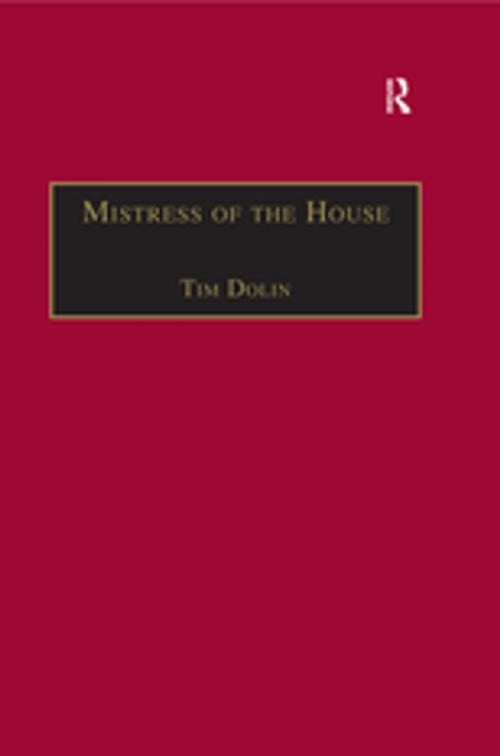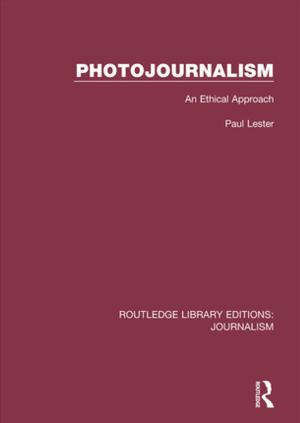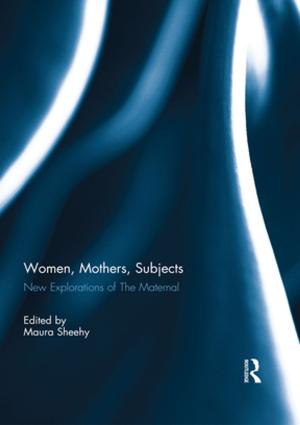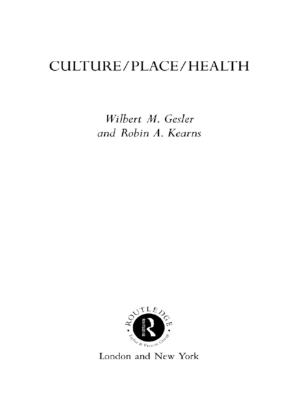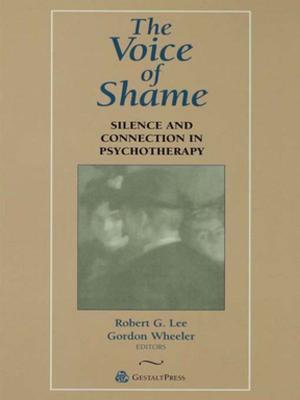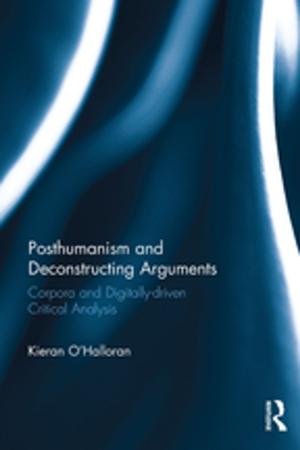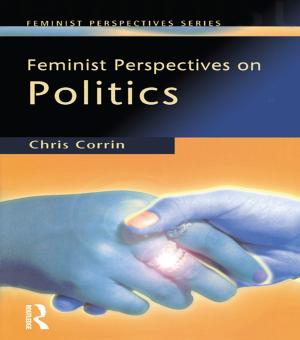Mistress of the House
Women of Property in the Victorian Novel
Fiction & Literature, Literary Theory & Criticism| Author: | Tim Dolin | ISBN: | 9781351917209 |
| Publisher: | Taylor and Francis | Publication: | December 5, 2016 |
| Imprint: | Routledge | Language: | English |
| Author: | Tim Dolin |
| ISBN: | 9781351917209 |
| Publisher: | Taylor and Francis |
| Publication: | December 5, 2016 |
| Imprint: | Routledge |
| Language: | English |
This exploration of gender and property ownership in eight important novels argues that property is a decisive undercurrent in narrative structures and modes, as well as an important gender signature in society and culture. Tim Dolin suggests that the formal development of nineteenth-century domestic fiction can only be understood in the context of changes in the theory and laws of property: indeed femininity and its representation cannot be considered separately from property relations and their reform. He presents original readings of novels in which a woman owns, acquires or loses property, focusing on exchanges between patriarchal cultural authority, the 'woman question' and narrative form, and on the place of domestic fiction in a culture in which property relations and gender relations are subject to radical review. Each chapter revolves around a representative text, but refers substantially to other material, both other novels and contemporary social, legal, political and feminist commentary.
This exploration of gender and property ownership in eight important novels argues that property is a decisive undercurrent in narrative structures and modes, as well as an important gender signature in society and culture. Tim Dolin suggests that the formal development of nineteenth-century domestic fiction can only be understood in the context of changes in the theory and laws of property: indeed femininity and its representation cannot be considered separately from property relations and their reform. He presents original readings of novels in which a woman owns, acquires or loses property, focusing on exchanges between patriarchal cultural authority, the 'woman question' and narrative form, and on the place of domestic fiction in a culture in which property relations and gender relations are subject to radical review. Each chapter revolves around a representative text, but refers substantially to other material, both other novels and contemporary social, legal, political and feminist commentary.
